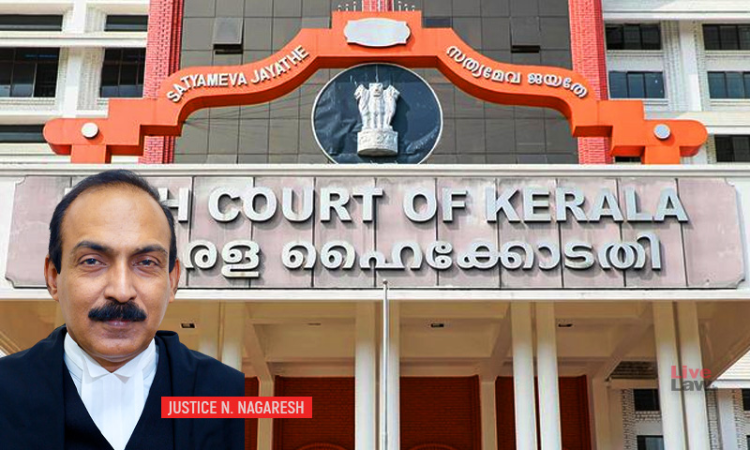Howsoever Erroneous Rejection Of Nomination Is, Judicial Intervention Not Contemplated At Intermediate Stage Of Election: Kerala High Court
Lydia Suzanne Thomas
23 March 2021 11:33 AM IST

Additionally, voicing its concern over the allegations of differential treatment of candidates across constituencies, the Court expressed that the treatment if true would be "grossly discriminatory".
Next Story


